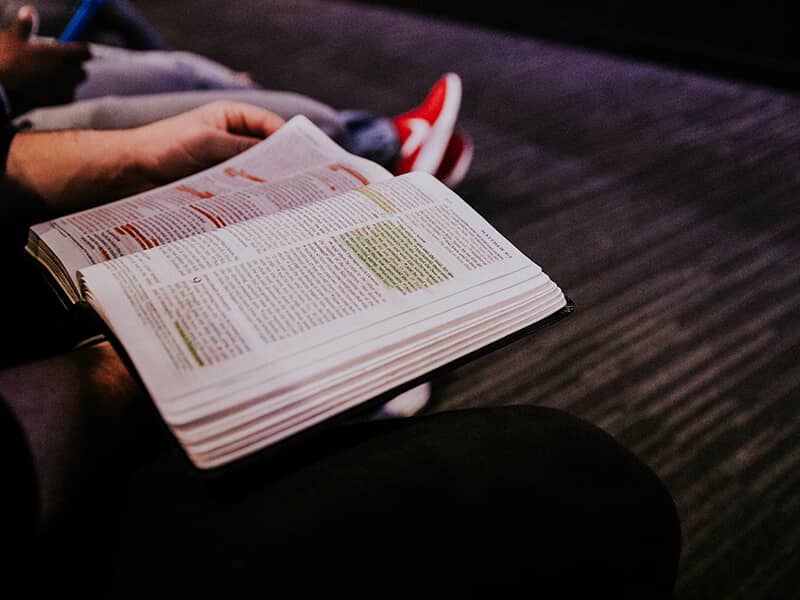The Abu Sayyaf separatist guerrillas released the four women and one man after Libya agreed to pay $1 million for each, negotiators said. The rebels were still holding seven other Westerners and 12 Filipinos.
Libyan Ambassador Saleem Adam dismissed allegations that his country was trying to improve its international image by bankrolling the ransom. ``This is a humanitarian mission, he said. ``It has no other motivation.''
Freedom was bittersweet for the former hostages, most of whom wore flip-flops and carried their meager possessions in rice sacks when they met their ambassadors after stepping off helicopters in the port city of Zamboanga, not far from the island where they were held.
``We're not happy because there are people left behind,'' said French citizen Marie Moarbes. ``It's not finished yet for us.''
The others freed were Sonia Wendling of France, South African Monique Strydom, German Werner Wallert, and Maryse Burgot, a French journalist.
``My son is still there. You don't expect me to be happy,'' Wallert said. Strydom's husband also remains a hostage.
An envoy said Wallert and his son, Marc, cried and embraced for a long time before parting, each insisting that the other should go. Finally, the envoy led the father away. Wallert's wife, Renate, was freed last month.
Wendling, rubbing her eyes in apparent disbelief, said she could never forget her four months in captivity. ``I don't know how to describe the experience,'' she said.
The mood was much more upbeat later on a Philippine Air Force cargo plane that ferried the released hostages to the Philippine city of Cebu, where they were to spend Sunday night.
They clinked cans of soda and wolfed down cheeseburgers and pizza, their first meal since leaving the rebel camp some six hours earlier. But mostly they talked on and on about their experiences to diplomats and relatives on board the plane.
The former hostages and their ambassadors ignored the plane's uncomfortable seats and its occasional bumps and dips as they celebrated. Moarbes clutched a teddy bear given to her by her father as the two talked animatedly for the entire one-hour flight.
All but the journalist were kidnapped April 23 while vacationing at a Malaysian diving resort and brought by boat to Jolo, an impoverished island near the Philippines' southern tip. Burgot was seized with two other French television journalists last month when they visited the rebel camp.
The Abu Sayyaf, the smaller of two Muslim rebel groups in the southern Philippines, says it is fighting for an independent Islamic state. The government insists the organization is a group of bandits practicing kidnapping and piracy.
The rebels have been holding the hostages for months in a jungle on Jolo, 580 miles south of Manila. Before the kidnapping they were estimated to number about 500 in the province but have grown to 5,000 as many recruits have been attracted by the large ransom payments, a military official said.
Still in captivity are one French, one German, two Finns and one South African kidnapped from the Malaysian resort, the two French journalists, and 12 Filipino Christian evangelists who went to the rebel camp to pray for the hostages.
Chief government negotiator Robert Aventajado said a ``global agreement'' had been reached for the release of all the other hostages within two weeks.
``But we're hopeful we will be able to work for the release of all the Sipadan hostages within one week,'' he said.
The military estimates the rebels were paid more than $5.5 million for the earlier release of nine Malaysians and the German woman.
The rebels have insisted on freeing the hostages in batches to avert any military attack.
The hostages freed Sunday were to be flown the next day to Tripoli to meet with Libyan leader Moammar Gadhafi. Libya has long-standing ties to Muslim rebels in the mostly Catholic Philippines.
For years, Libya has helped mediate between Muslim guerrillas and the Philippine government and helped build schools and mosques in the impoverished south.
But Libya also has been accused of training rebels from the Moro Islamic Liberation Front, another separatist group fighting for an Islamic state in the southern Philippines.
A Libyan man attempted to hold up a large picture of Ghadafi at Zamboanga's airport as the hostages arrived Sunday, but Philippine troops pulled it down.
The five former hostages were to spend Sunday night in Cebu because the final South African hostage, Callie Strydom, might be released Monday, negotiators said.
``We hugged each other, and he told me I should go, that he will be released tomorrow,'' said his wife, Monique Strydom, whom the rebels released Sunday.
In Tripoli, the government said it would have no comment until all the hostages were freed, but people in the streets were delighted at their country's role.
``The release is something wonderful and a victory for Libya and the hostages, especially because one of them is of Arab origin,'' said 43-year-old taxi driver Khalifa el-Radhi. ``We welcome these Libyan efforts that support human rights.''
South African President Thabo Mbeki welcomed word of the hostages' freedom, as did French President Jacques Chirac and German Chancellor Gerhard Schroeder.

